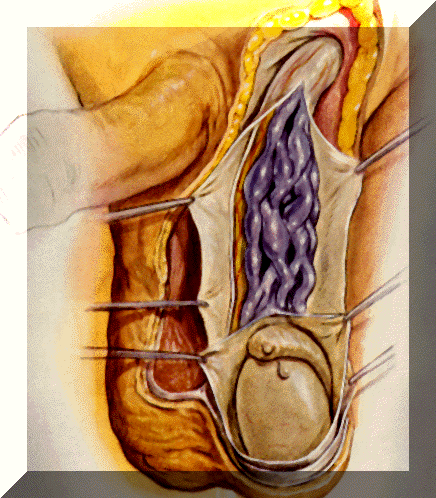couples who are trying to become pregnant achieve pregnancy easily and about one in ten American couples of reproductive
age are involuntary infertile; male infertility accounts for half of these cases. Despite the relative importance of infertility due to
 the male, infertility evaluations have traditionally focused on women, because women tend to seek gynecological care and
the male, infertility evaluations have traditionally focused on women, because women tend to seek gynecological care andbecause men often are reluctant to seek advice.
A variety of disorders ranging from hormonal disturbances to physical problems, to psychological problems can cause male
infertility. Although many treatment options are now available, in many cases treatment will not work. In many instances, male
infertility is caused by testicular damage resulting in an inability of the testicle to produce sperm. Once damaged, the testicle will
not usually regain its sperm-making capabilities; this aspect of male infertility is analogous to menopause (though not natural like
menopause) for women and cannot usually be treated. Despite medicine’s limited ability to treat male infertility, many
successful treatment options are available for its many causes. Besides testicular damage, the main causes of male infertility are
low sperm production and poor sperm quality.

No comments :
Post a Comment